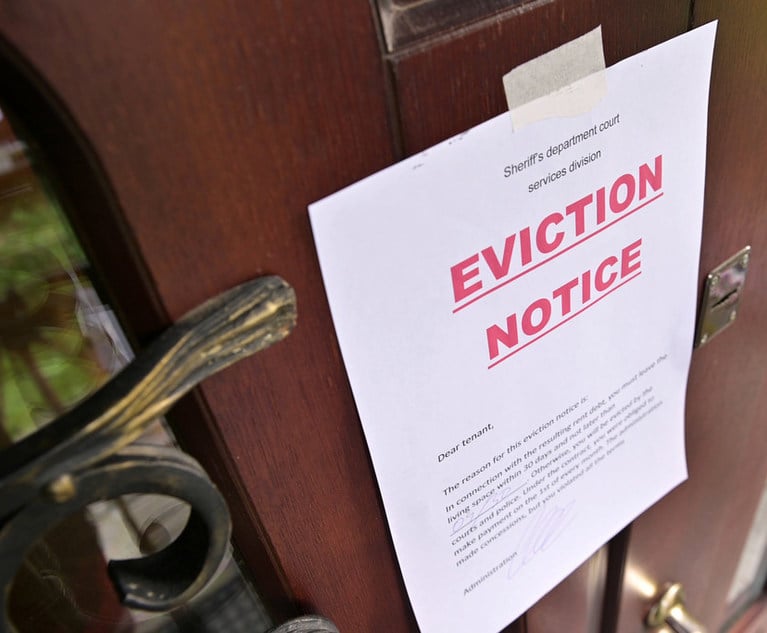 This article is the second in a series examining developments in rent overcharge litigation over the past 10 years. It reviews rulings by the Appellate Division, First Department, which has issued more decisions on this topic than any other appeals court. Indeed, the gradual rise in rent overcharge litigation in New York County can be traced directly to the First Department’s 2009 decision in Roberts v. Tishman Speyer Props., L.P., which was upheld by the Court of Appeals. 62 A.D.3d 71 (1st Dep’t 2009), aff’d 13 N.Y.3d 270 (2009). The landlord in Roberts had improperly removed the entire Peter Cooper Village/Stuyvesant Town apartment complex from rent stabilization while it was enrolled in the “J-51 real estate tax abatement program.” See RPTL §489. The court’s high profile ruling against the landlord begat a trend towards filing rent overcharge claims in the courts, instead of submitting them to the New York State Division of Housing and Community Renewal (DHCR), the administrative agency created as the venue for such claims. The increase in appellate rulings followed this uptick in Supreme Court overcharge filings. The First Department’s post-Roberts decisions have reviewed: (1) Roberts (i.e., J-51-based) overcharge claims; (2) Grimm (i.e., fraud-based) overcharge claims; (3) “regulatory status” claims; (4) Article 78 petitions; and (5) other miscellaneous legal issues. For the sake of space, only the first topic is discussed in this article.
This article is the second in a series examining developments in rent overcharge litigation over the past 10 years. It reviews rulings by the Appellate Division, First Department, which has issued more decisions on this topic than any other appeals court. Indeed, the gradual rise in rent overcharge litigation in New York County can be traced directly to the First Department’s 2009 decision in Roberts v. Tishman Speyer Props., L.P., which was upheld by the Court of Appeals. 62 A.D.3d 71 (1st Dep’t 2009), aff’d 13 N.Y.3d 270 (2009). The landlord in Roberts had improperly removed the entire Peter Cooper Village/Stuyvesant Town apartment complex from rent stabilization while it was enrolled in the “J-51 real estate tax abatement program.” See RPTL §489. The court’s high profile ruling against the landlord begat a trend towards filing rent overcharge claims in the courts, instead of submitting them to the New York State Division of Housing and Community Renewal (DHCR), the administrative agency created as the venue for such claims. The increase in appellate rulings followed this uptick in Supreme Court overcharge filings. The First Department’s post-Roberts decisions have reviewed: (1) Roberts (i.e., J-51-based) overcharge claims; (2) Grimm (i.e., fraud-based) overcharge claims; (3) “regulatory status” claims; (4) Article 78 petitions; and (5) other miscellaneous legal issues. For the sake of space, only the first topic is discussed in this article.
A “Roberts-based claim” is an allegation of a rent overcharge arising from a landlord’s improper deregulation of a rent-stabilized unit in a building enrolled in the J-51 program. The First Department’s first major post-Roberts ruling was in Gersten v. 56 7th Ave. LLC, 88 A.D.3d 189 (1st Dep’t 2011), which held that the Roberts holding should be applied retroactively. As a result, tenants may now challenge improper apartment deregulations that took place before Roberts was decided. The tenants in Gersten had failed to file timely deregulation challenges, however, so the court found them collaterally estopped from challenging a later DHCR order that recognized the improper deregulation.






